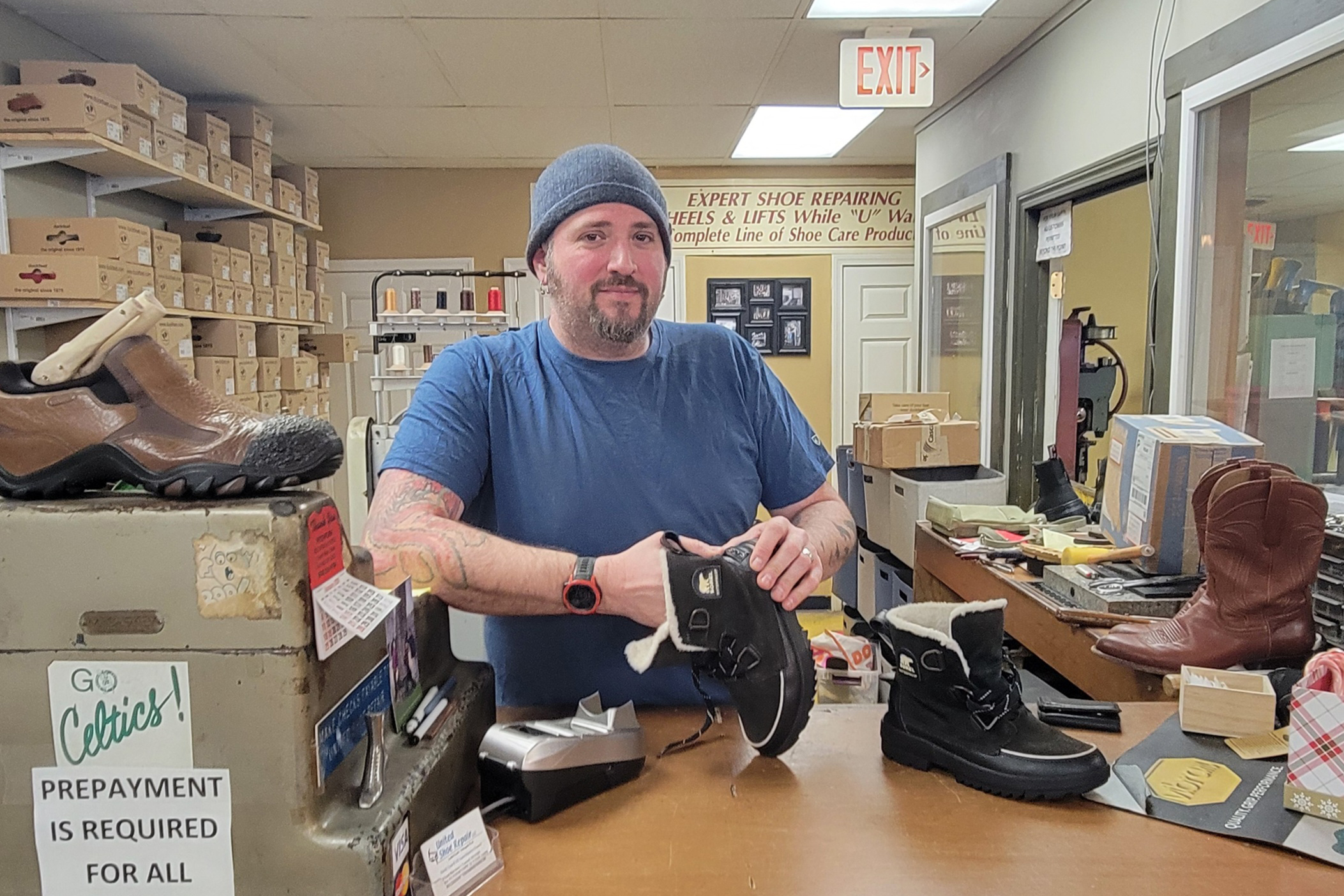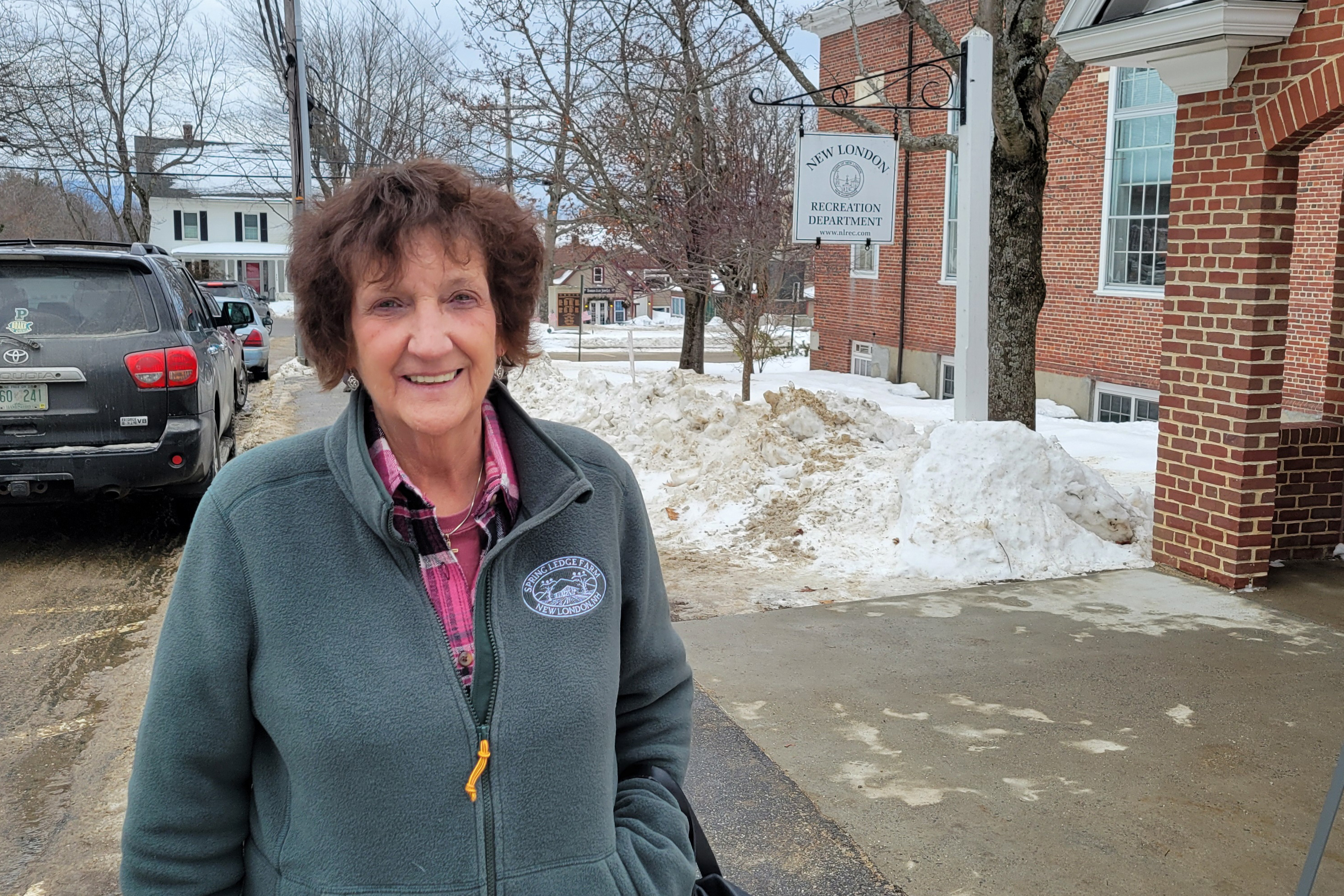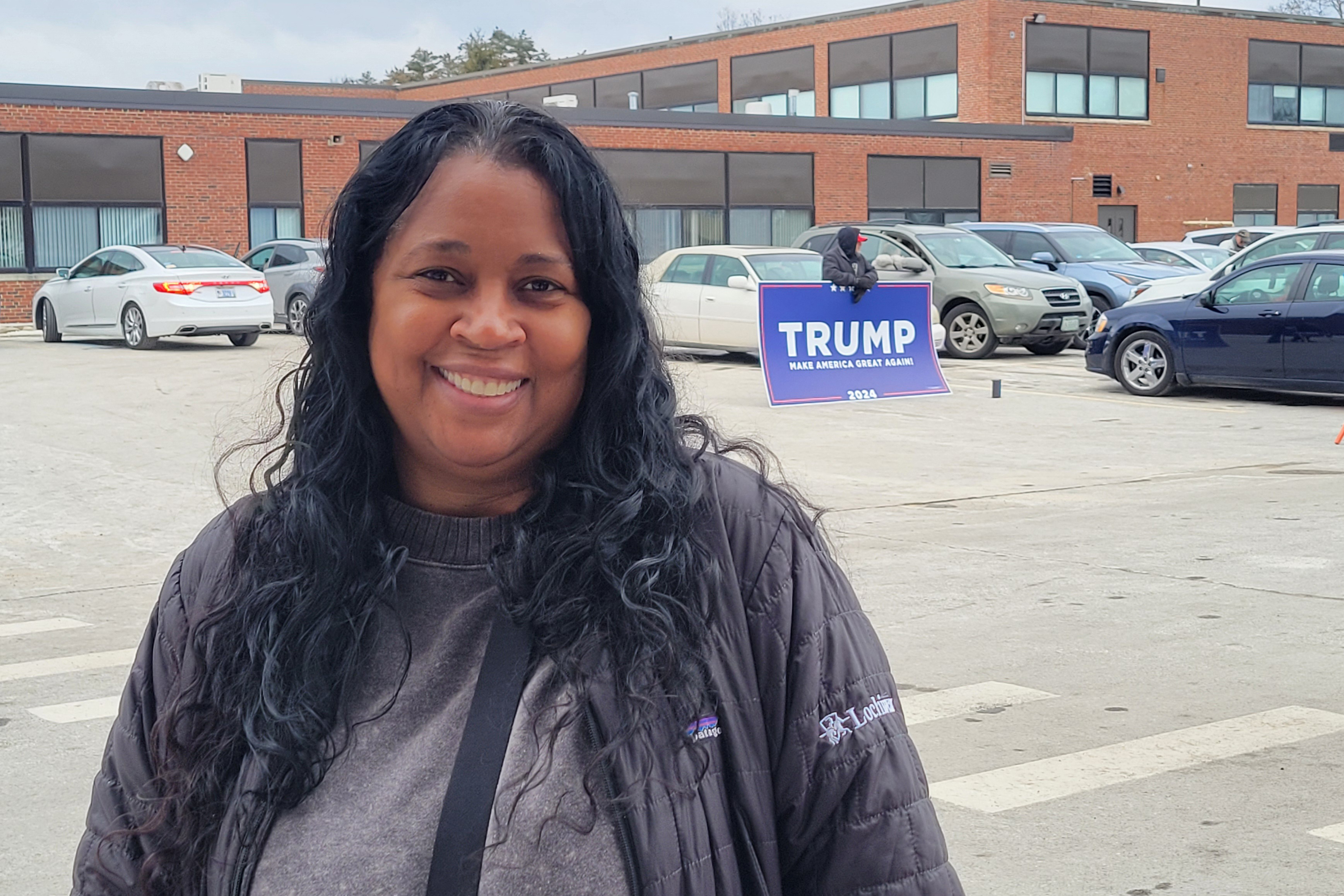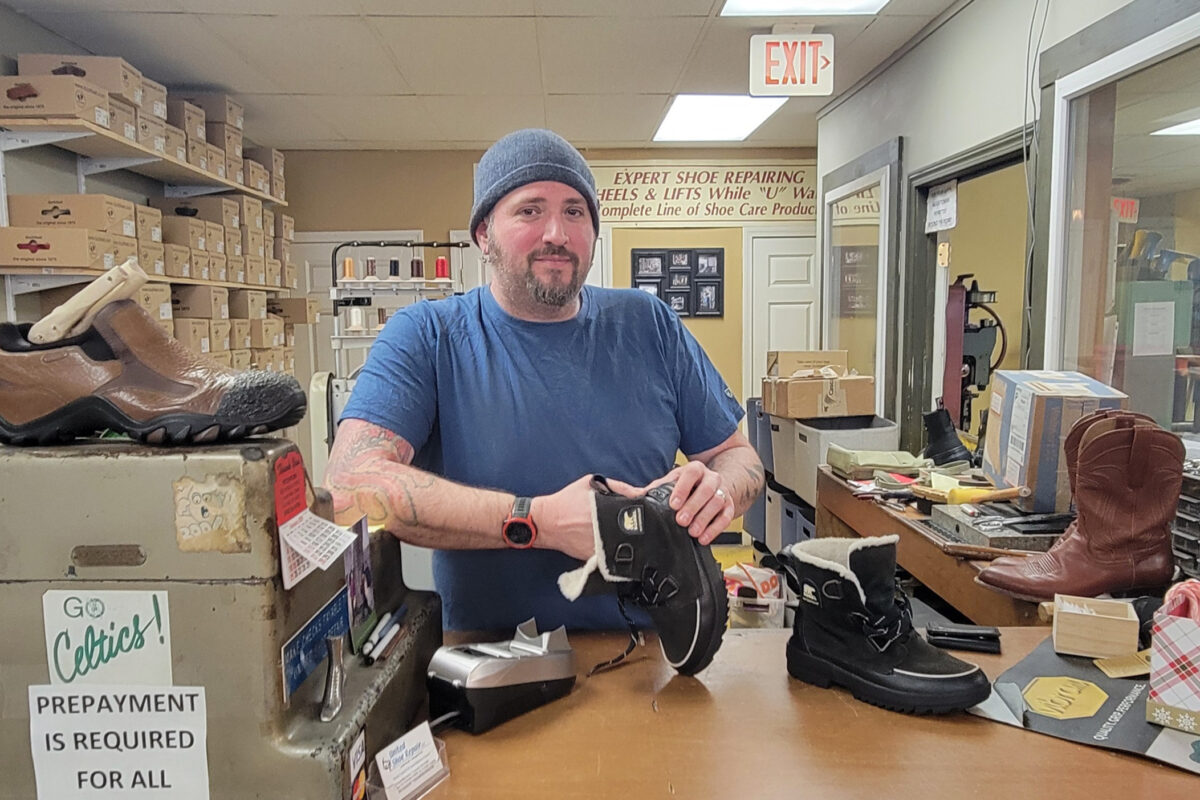This post was originally published on this site
HANOVER, N.H. — Health care issues are important to Lana Leggett-Kealey, who works as a genetic genealogist. But on Tuesday, as she walked out of her polling place at a local high school and into a frigid New England morning, she said she had something bigger on her mind when she cast her vote.
“I want to make sure we have someone competent in the White House,” she said. She wrote in President Joe Biden’s name on her ballot in New Hampshire’s Democratic primary.
The Affordable Care Act’s future is important to Robert Stanhope, a retired bill collector. He said he also wrote in Biden, whose administration has worked to reduce costs under the ACA.
But that wasn’t his motivation for his early-morning visit to the polls. “I’m here to keep Trump out of office,” Stanhope said.
Elaine Kozma, 73, of New London said health care issues are vitally important to her as a cancer survivor. She said she voted for Republican Nikki Haley, a former U.S. ambassador to the United Nations and South Carolina governor, whom she thinks she can trust more than former President Donald Trump.
Voters casting their first ballots in the 2024 presidential election cycle on Tuesday framed health care as a back-burner issue, capping years of political wrangling over Obamacare and a pandemic that strained the nation’s health system.
In interviews with more than 50 voters this week in New Hampshire — a state where 95% of residents have health insurance, one of the highest rates in the country — most people said their vote was about Trump, like him or hate him. But health care concerns — about costs, access, and, especially among Democrats, abortion — weren’t far from many voters’ minds.
“I have two daughters and five sisters and a mom, so making sure women’s reproductive rights are protected is important to me,” said Rob Houseman, 60, a town official in Hanover. Worried that Republicans will try to “weaponize health care” instead of ensuring access, he said he voted for Biden.

Trump defeated Haley in the state’s GOP primary, according to The Associated Press. Biden, who did not appear on the ballot due to disagreements over the primary schedule, won the Democratic contest owing in part to a vigorous write-in campaign.
Many opposed to Trump cited concerns about his fitness to lead, while most Trump voters who spoke with KFF Health News said they supported him for two main reasons: They hoped he would reduce illegal immigration and lower inflation.
Democratic voters were more likely than Republicans to cite heath care as a key issue in the election.
“Oh my, yes,” said Ben Gilson, 90, a retired orthopedic surgeon. “Health care is my No. 1 issue.”
While he said he has excellent coverage and pays little in out-of-pocket costs, he worries many younger people struggle and wants to make sure Obamacare is retained. One of Trump’s earliest promises during his 2016 campaign was to repeal and replace the ACA — a vow he has recently revived in his latest attempt to win the White House.
In New London, Kate Turcotte, a professor at Colby-Sawyer College, said she voted for Biden to keep Trump out of office — and because she trusts Democrats more to improve health coverage and protect abortion rights.
She said she also worries Trump will try to cut health care for the most vulnerable. “Health care should be a right, not a privilege,” she said.


Trump voters frequently cited immigration as a top concern. Republicans have accused Biden of allowing record numbers of immigrants to cross into the U.S. from Mexico.
In Merrimack, Mary Clancy, 69, said she was satisfied with her Medicare coverage and was voting for Trump mainly to secure the southern border.
Kathy Franqui, 54, of Merrimack, said the border and immigration were her main reasons for voting for Trump. But she also said Trump would reduce health costs.
At a coffee shop in Warner, Susan Hencke, 62, said she pays $1,100 a month for health insurance. But she said health care was not among the factors determining how she would vote.
She said having a president who will protect civil rights matters most to her. She was undecided about whom to support.
Both she and her husband, who declined to give his name, said they were concerned about abortion restrictions Trump may impose.

Sitting outside the coffee shop in the freezing weather was Art Sullivan, 75, of Hooksett, who said immigration was his overriding issue in the election — and why he was voting for Trump.
Asked if he had been personally affected by immigration, he said he was worried his children would have to shoulder the financial burden of people coming into the U.S. without authorization.
“The border is a disgrace,” said Sullivan, who said he’s a registered independent voter and sells swimming pools.
Asked if health care was something he thought about when comparing candidates, he said he had a Medicare Advantage plan that covers his bills and provides access to care.
DJ Annicchiarico, co-owner of United Shoe Repair in downtown Concord, said he is a registered Democrat. But while he prefers Biden on health issues, he is not yet persuaded to vote for him in November.
His main concern is inflation. He said the ACA, which he described as a step in the right direction, had helped lower his insurance premiums but hadn’t controlled health care prices. “Something needs to be done to rein in inflation,” he said.
Annicchiarico said he wants to see health care prices regulated by the federal government and worries Trump would try to repeal the ACA. He noted access is still an issue and said getting a dermatology appointment for his daughter meant waiting eight months.

Aalianna Marietta, 21, a college student, said health care was important to her, particularly abortion rights, so she would be voting for Biden. “I am 100% pro-choice, and I cannot see myself voting for someone who is racist and a misogynist,” she said of Trump.
Deb Shope, 57, out walking her dog in Lebanon, said health care is a top issue for her because she works as a clinical social worker and sees how important good health coverage can be. She said she was voting for Biden because she liked how he has tried to help people get coverage and address their mental health care needs.
Shope said it’s hard to look beyond how Trump acts as a person. Asked if she is worried about him getting reelected, she said people shouldn’t worry about things out of their control.
This article was produced by KFF Health News, formerly known as Kaiser Health News (KHN), a national newsroom that produces in-depth journalism about health issues and is one of the core operating programs at KFF — the independent source for health policy research, polling, and journalism.
